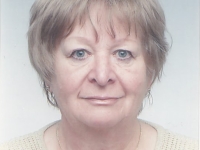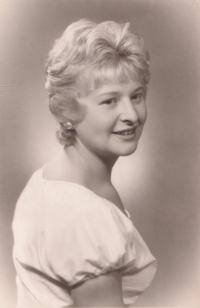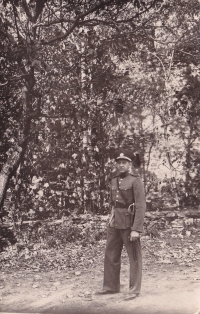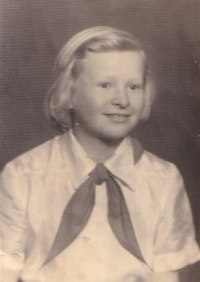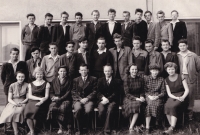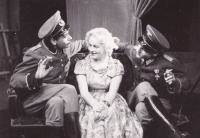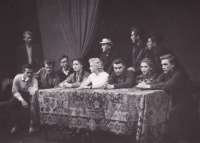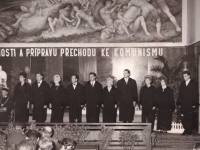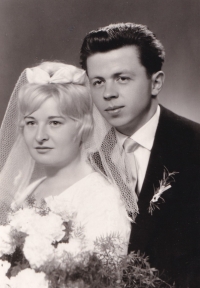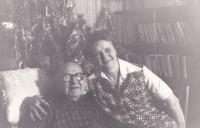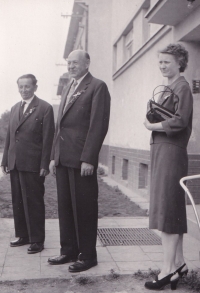As a gendarme, Dad didn’t fit into the communists’ plans.
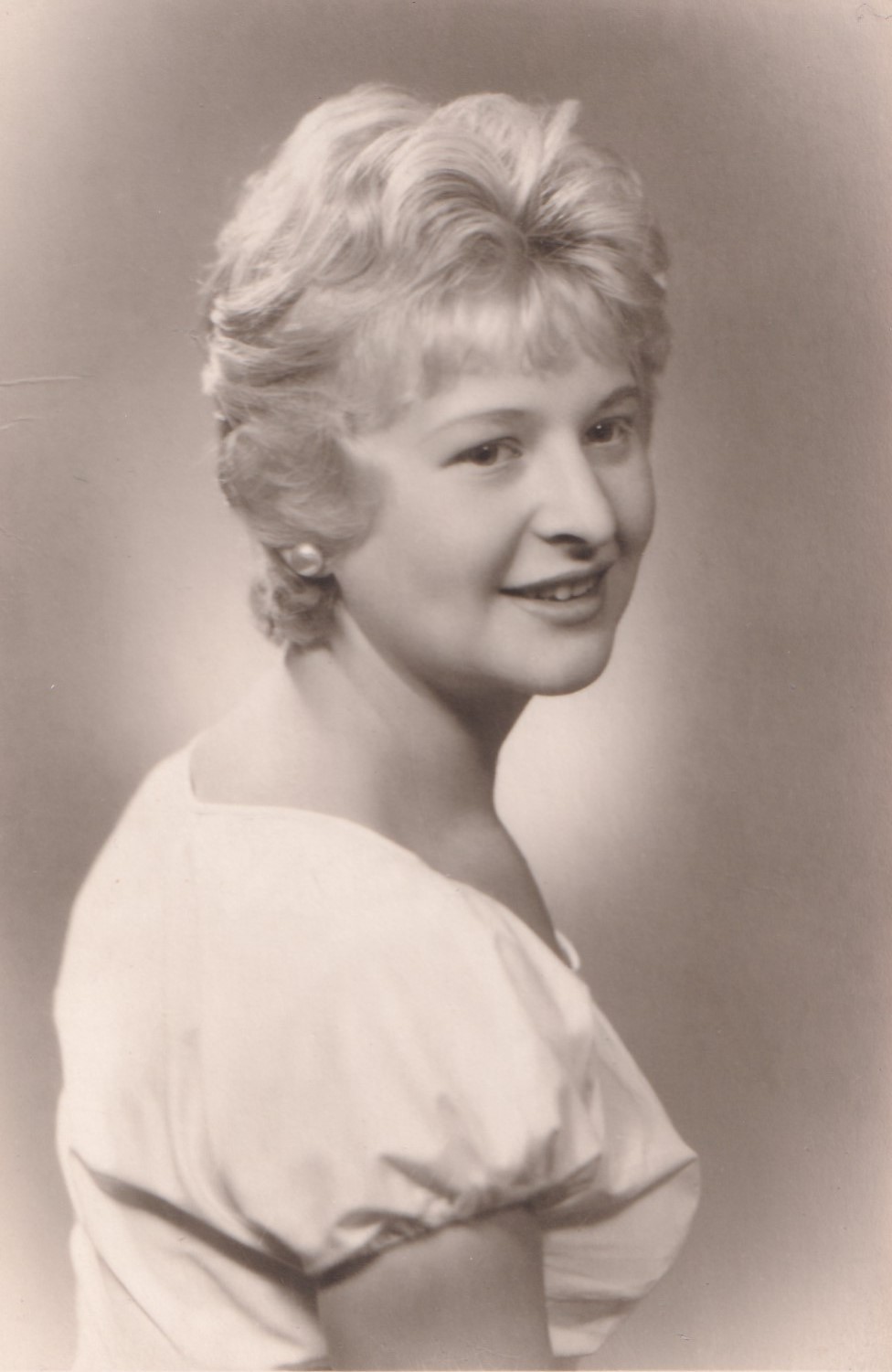
Download image
Marie Horňáková, née Müllner, was born on 14 March 1941 in Žarošice near Kyjov, where her father František Müllner worked as a gendarme. Before the war he worked in Slovakia, but after the declaration of the Slovak state in 1939 he was deported to the Protectorate with his wife and elder daughter. After February 1948, he was dismissed from the newly formed National Security Corps and had to earn his living manually. Because of her father, Marie later had problems with her studies. After graduating from high school in 1958, she was not accepted to medical school, but managed to study mathematics - chemistry (later biochemistry) at the Faculty of Science in Brno. While still a student, she married Kamil Horňák, a literary and theatre critic who was involved during the Prague Spring and blacklisted with the onset of normalisation. His political scandal brought problems to the whole family, the witness was bullied at her workplace and their daughter was unable to study at the gymnasium despite her excellent grades. Marie Horňáková worked all her professional life in the field of biochemistry, in the sixties in research, and from the seventies in the Department of Clinical Biochemistry at the Hospital of the Brothers of Mercy in Brno, where she held the position of head of the department after the Velvet Revolution. In 2023, she was living in Brno.
